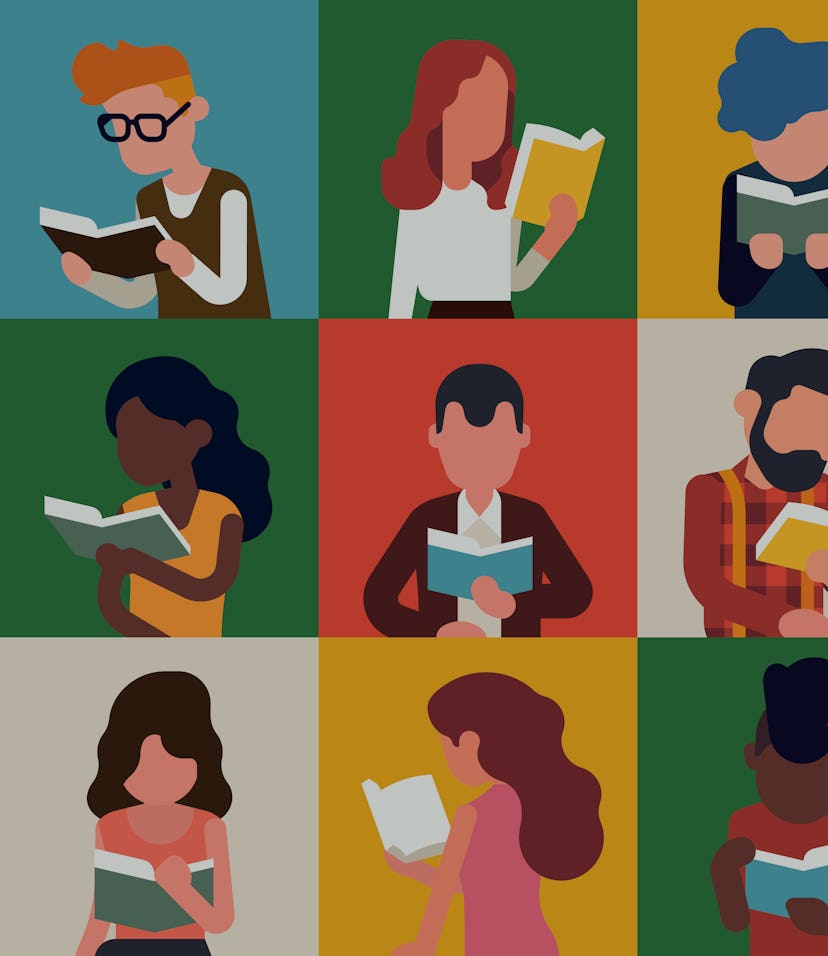Culture
The Internet Archive suspends waitlists to bring over a million free books to quarantined readers
No more waitlists for the library's 1.4 million (and ever increasing) titles.

If you're a bookworm, researcher, or student currently unable to access your local library, the Internet Archive has a lovely gift for you. Director of Open Libraries at the Internet Archive, Chris Freeland, announced this week that the virtual library would suspend its massive waitlists to free up access to at least 1.4 million books.
The website calls the move its National Emergency Library, which has been created to meet the "unprecedented global and immediate need for access" to research and other reading content. As dozens of schools, colleges, libraries, and research centers turn to quarantining measures due to the coronavirus outbreak, a virtual library card for everyone sounds incredibly helpful.
Digital copies for bookworms — Freeland writes that the core purpose of doing away with waitlists right now is to ensure "students will have access to assigned readings and library materials that the Internet Archive has digitized for the remainder of the United States academic calendar, and that people who cannot physically access their local libraries because of closure or self-quarantine can continue to read and thrive during this time of crisis, keeping themselves, and others safe."
How it works — Once you've signed up with the Internet Archive, you can browse its virtual shelves by dropping an author's name, book title, genre of writing, and other details. Here's an example: On Being Human by Erich Fromm.
Once you've accessed the book, you can borrow it for 14 days. Freeland notes that while the virtual library is "a fraction of the size of a large metropolitan library system," it still has its benefits. Much of the reading material in this archive relates to books printed during the 20th century, which may not be readily available elsewhere. "That’s where our collection fits in — we offer digital access to books, many of which are otherwise unavailable to the public while our schools and libraries are closed," Freeland wrote.
How to lend a helping hand — If you want to help, Freeland suggests that you can buy a book to support an author, sponsor a title to be digitized, talk about the National Emergency Library on social media (use #NationalEmergencyLibrary to spread the word), and if financially possible, donate to the website. Steps like these, however small, keep these archives alive and running.
The waitlist suspension is expected to go through June 30, 2020 or, as Freeland noted, "the end of the US national emergency, whichever is later." 10/10 for dedication and effort.